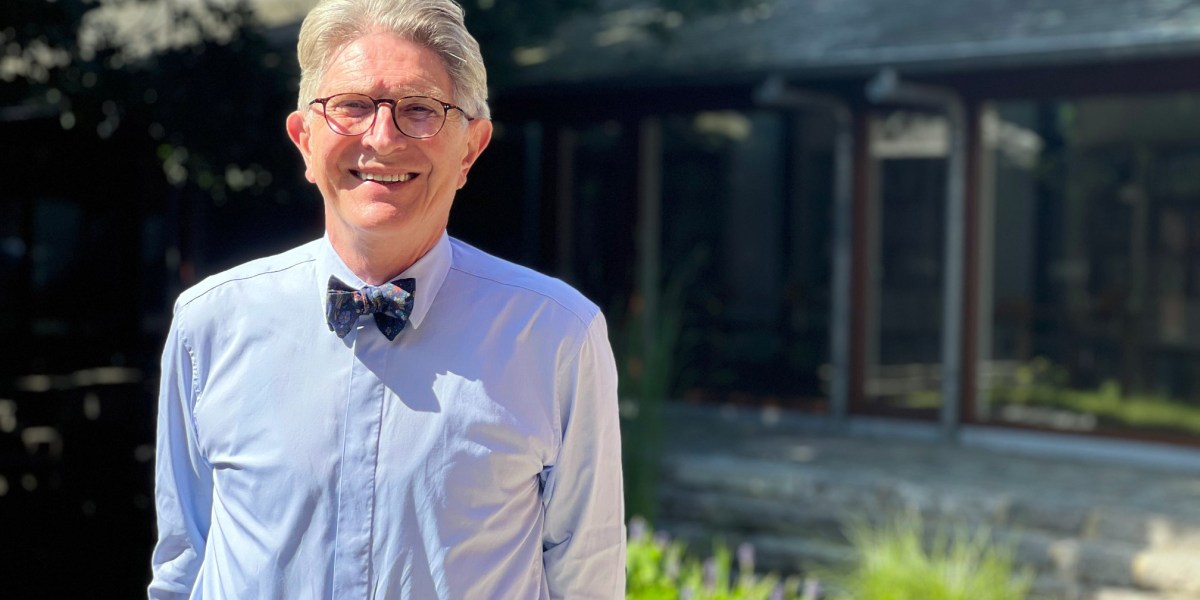Samyn grew up in the Belgian countryside, where his father was a mechanical engineer and his mother was a painter. With a love for both art and math, he studied structural engineering, graduating from the Free University of Brussels in 1971. He visited MIT on a backpacking trip and was immediately drawn to its focus on thinking beyond concrete. Arriving for a master’s in civil engineering, he embraced a philosophy of creative problem-solving. “The teachers would say the word ‘problem’ doesn’t exist—there are just questions. And questions have answers,” he says.
Samyn applied that attitude to emphasize efficient use of resources. “I hate lost money,” he says. In 1997, he developed a way to optimize the shape and strength of materials to withstand load and forces such as wind without using any excess—a formula that has become industry standard.
Samyn’s designs over decades reflect site-specific architecture in action, from the majestic glass and steel of the European Council headquarters in Brussels to the austere polygonal shape of the Princess Elisabeth polar research base in Antarctica, which features a novel envelope of woolen felt, plastic foam, and stainless steel to protect against high winds and subzero temperatures. When a design for a Chinese port project left out parking, Samyn designed a slender tower to stack 25 levels of cars; the tower is now considered a landmark.
Despite this range of innovative designs, Samyn doesn’t hesitate when asked to pick his favorite: “The next one,” he says. “I forbid myself to look back. Every project is a new adventure.”

